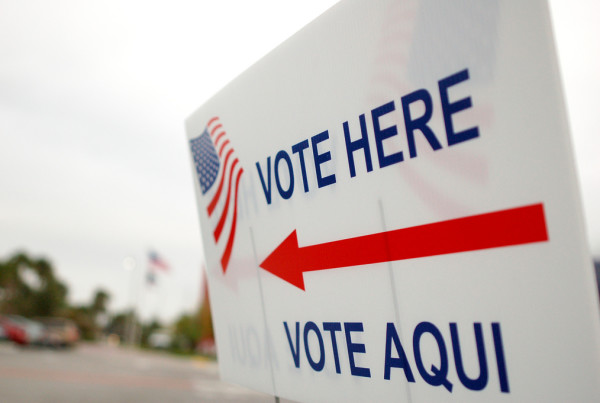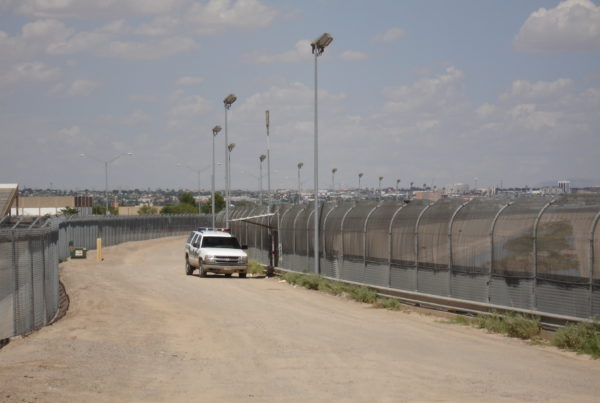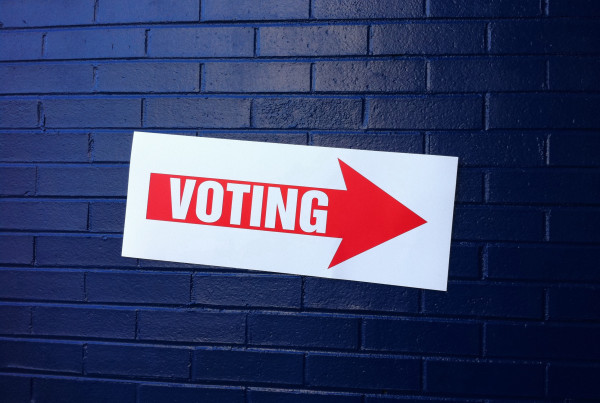In a remark made to reporters in Colorado this week, Texas Senator Ted Cruz said there is a historical precedent for a Supreme Court with fewer judges. Since Judge Antonin Scalia’s death, there has been a battle over ideological control of the nation’s highest court. Cruz’s statement very well could be the most attractive option for conservatives, if Hillary Clinton should win the presidency.
But for many voters, there is no real precedent for leaving a Supreme Court seat indefinitely unoccupied. In fact, many assume it to be unconstitutional. And yet Tamara Tabo, former law professor and legal columnist for Above the Law, says otherwise.
“It’s a matter of federal law, not constitutional law,” Tabo says. “The number was first set by Congress in 1789, in the first Judiciary Act of 1789. And it is always, actually, a matter of Congress’s preference.”
Although the number of seats on the court has fluctuated over time – from as low as six to as high as 13 – Tabo says that for most of our nation’s history it has been nine justices. And these open seats are at the mercy of the Senate. So what does the Constitution actually have to say about our judicial branch?
“Article 3 of the Constitution only lets us know that there must be a Supreme Court – it doesn’t actually stipulate the number of justices who are meant to serve at a given time,” Tabo says. “There is nothing in the Constitution that would expressly prohibit the sorts of strategies that Senator Cruz seems to have suggested.”
Given the recent polls, it is not difficult to imagine a Clinton presidency. In this scenario, Senate Republicans may follow through with what Cruz has suggested and attempt to block all future vacancies on the Supreme Court. Would this not at least violate the statute passed earlier in the 19th century, confirming nine seats on the court?
“This is an interesting distinction in the kind of language,” Tabo says. “There is a difference between the number of seats on the Supreme Court and the number of active justices. So, there are nine seats … but right now we only have eight justices and that is not in violation of the law because there is a vacancy that could at any time be filled.”
Post by Nadia Hamdan.















